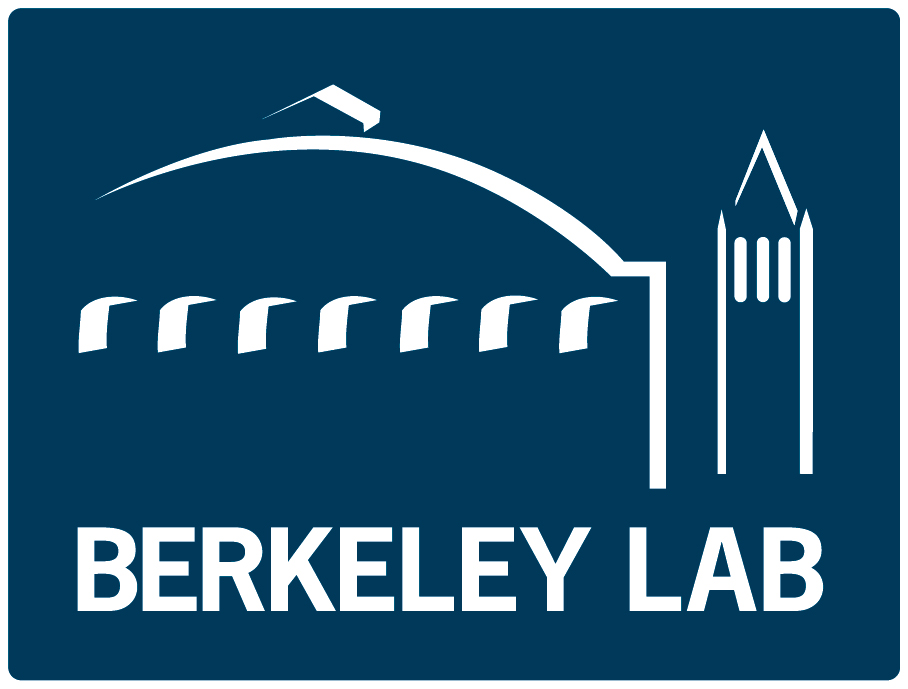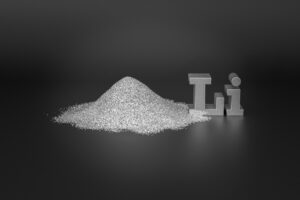APPLICATIONS OF TECHNOLOGY:
- Lithium extraction from brine
- Improvement of low quality brines
BENEFITS:
- Sorbent process uses only water
- Highly selective
- Lower cost than conventional precipitation processes
BACKGROUND:
Currently, the majority of the world’s lithium is supplied by mining. Conventional lithium mining is expensive, carbon emitting, and incorporates toxic chemicals. One popular alternative is extraction from brine. Direct lithium extraction (DLE) methods enable more efficient extraction of lithium, however, traditional ion-removal methods such as precipitation, ion exchange, and reverse osmosis often lack specificity, may use strong chemicals, and are energy-intensive, making them less suitable for selective extraction.
TECHNOLOGY OVERVIEW:
Researchers at Berkeley Lab have developed electrolytic water treatment methods incorporating microporous polymer composites that enable DLE from brine. This technology features both a Li+ anti-selective membrane and a Li+ selective sorbent. This facilitates the removal of unwanted sodium and potassium salts from a lithium-containing mixed-salt brine and then allows lithium salts to be retrieved using water, without the need for strong acids.
DEVELOPMENT STAGE:
Concept and/or application formulated.
PRINCIPAL INVESTIGATORS:
Brett Helms
IP Status:
Patent pending
ADDITIONAL INFORMATION:
OPPORTUNITIES:
Available for licensing or collaborative research

